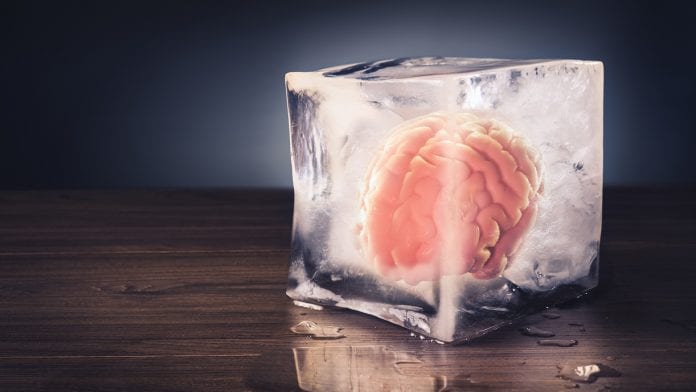
Cooling the brain could be a viable treatment for concussions in the future according to new research.
The study, conducted by University of Wisconsin-Madison engineers, supports the treatment at a cellular level, and could pave the way for a new treatment for concussions in the future.
A traumatic impact to the brain can turn on biochemical pathways that lead to neurodegeneration, the progressive deterioration and loss of function in brain cells. Neurodegeneration causes long-lasting and potentially devastating health issues for patients – highlighting the need for treatments.
Christian Franck, the UW-Madison associate professor of mechanical engineering who led the study, said: “There are currently no effective medical treatments for concussions and other types of traumatic brain injuries. We’re very excited about our findings because they could potentially pave the way for treatments that we can offer patients.”
The researchers published their findings in the journal PLOS ONE.
Therapeutic cooling for concussions
The process is much more complicated than just applying an ice pack to the head.
In their experiments, the researchers looked at two biochemical pathways that can lead to neurodegeneration following a traumatic injury. Through conducting experiments on brain cells in a dish, Franck and his team discovered several key parameters that determined the effectiveness of therapeutic cooling for mitigating damage to the injured cells.
The researchers cooled injured cells separately at four different temperatures – determining that the cells could be cooled too much, or not enough. They also found that timing is crucial – treatment would need to begin within four hours of an injury to be effective and continue for at least six hours.
Biochemical pathways in the brain
The researchers discovered they could keep the cells’ damaging biochemical pathways switched off through cooling. In other words, the cells remained healthy and functioning normally, even though they had just suffered a traumatic brain injury.
After six hours of cooling, the researchers brought the concussed brain cells back up to normal body temperature, curious about whether warming would cause the damaging biochemical pathways to turn on.
“The biggest surprise was that the molecular switches actually stayed off permanently through the duration of the lab experiment,” Franck says. “That was huge.”
Franck says there’s more to learn before cooling the brain could be a practical treatment for patients at a clinic, and that isolating cooling to the brain is vital.
He said: “For a long time, the scientific literature was inconclusive on whether this would be a successful treatment. What we showed in our study was that, yes, as far as the cell biology is concerned, this is effective. And so now it’s really worth thinking about how we might implement this in practice.”







